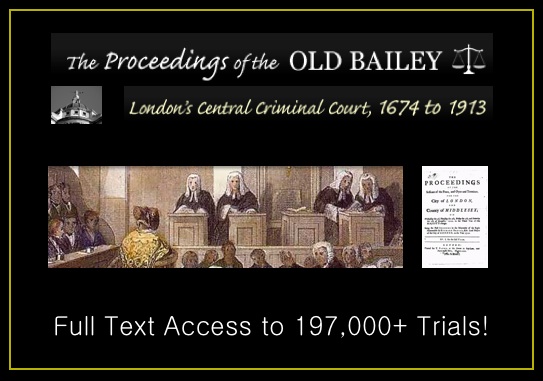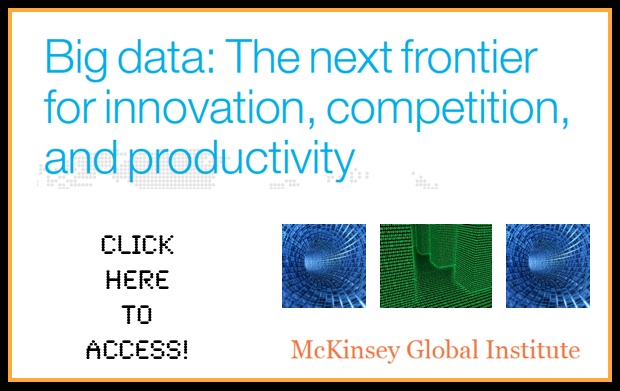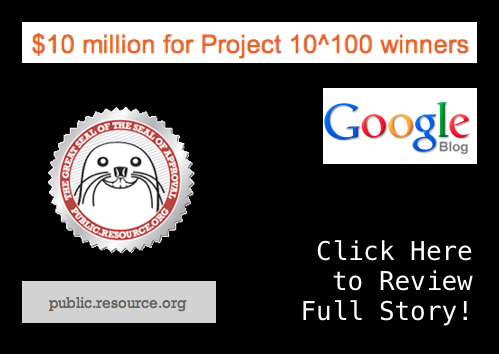 Just remember that the turmoil in the legal services industry offers both possibility and peril. At our ReInventLaw Lab we are all about the possibility …
Just remember that the turmoil in the legal services industry offers both possibility and peril. At our ReInventLaw Lab we are all about the possibility …
One of my last conversations with the late Larry Ribstein was about the very idea in this article … not applied to medicine but rather to law … What if the sort of processing engineering that gave rise to the CheeseCake Factory was a play in the delivery of legal services? Very solid food ( yes I know it is not 5 star dining ) but it is quite affordable for most folks on a Friday night 🙂
Suffice to say this (and legal information engineering) is where a significant of the growth (jobs) in the legal services industry will be located (as we showcased at our recent London event … and will do so at our upcoming Dubai and Silicon Valley events)
If you are a law student reading this post – please understand that you can be a leader in this space as it is still in its infancy. There are lots of law startups working in this and allied domains but it is highly unlikely that your law school can help you acquire the skills you need to play ball in this arena … If you want to do what is described above you need a mixture of skills (not just law) …
Here are the four pillars — { law + tech + design + delivery } and that is precisely what we are teaching in the ReInventLaw Lab and the Michigan State 21st Century Law Practice Summer Program in London. If you want to be part of the action … it is not too late … shoot me an email … daniel.martin.katz@gmail.com and will tell you how to get serious … because the time for action is now …




